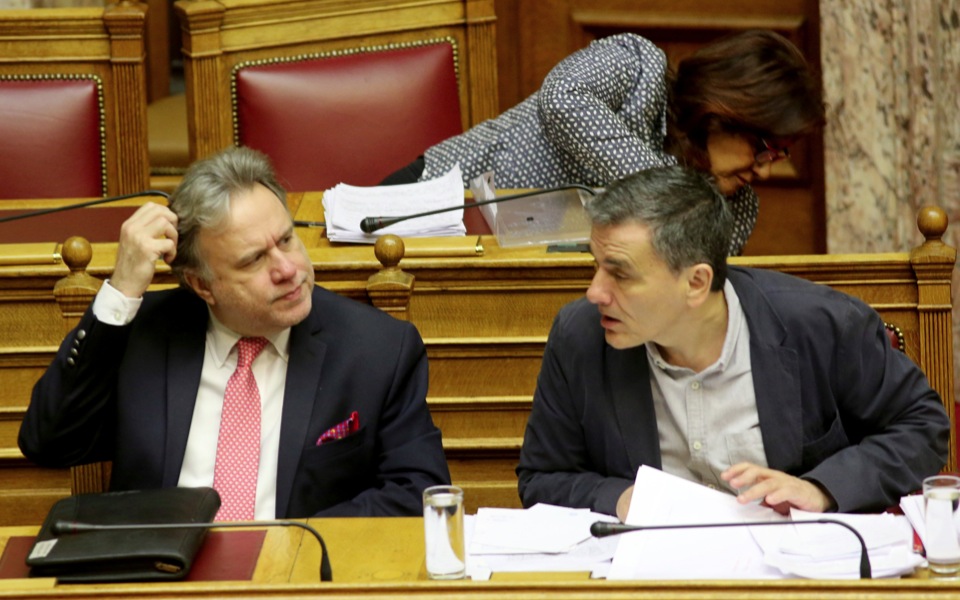Gov’t mulls cutting pensions of self-employed to make up for debt

The government is considering freezing the outstanding social security contributions of those with debts to the fund of the self-employed (OAEE) that they are unable to pay and, when they retire, reducing their pensions in proportion to the amount of their debt. The aim is to boost revenues and save the fund, which is on the brink of collapse.
The state of OAEE is worrying the government more than anything else in social security, as of the fund’s 701,148 insured workers, 538,087 are facing problems making their payments: A total of 296,720 workers have debts to the fund and another 241,367 have temporarily stopped their membership as a result of no longer being self-employed; but the latter group still owe contributions to OAEE. Expired debts total almost 12 billion euros.
The idea for the proposal came from representatives of small and medium-sized enterprises. The ministries of Labor and Finance are now examining it with the aim of presenting it to the country’s creditors. It includes freezing debts to OAEE created during the years of the financial crisis, along with all fines and penalties. Once a single sum of the debt, fines and penalties of each debtor has been worked out, they will be expected to pay a typical interest rate of 1 to 1.5 percent on it per year. Providing that they start paying their future contributions in time, they can then expect to receive a pension, albeit reduced, from OAEE upon retirement.
If the insured professionals so wish, the years of social insurance amounting to the total debt could be subtracted from their work years, and they can continue working for longer than their peers before collecting a full pension at a later age. In practice, all this means that debtors will only collect the pension they have paid contributions for to OAEE, as their pensions will be reduced in proportion to their debts.
For now, the representatives of the country’s creditors are keeping their cards close to their chests, having reacted negatively in the past to similar proposals, whether they came from the business world or the government.
Sources say that the Finance Ministry has already sent the proposal to European Commission for Economic Affairs Pierre Moscovici, with the Greek side qualifying his response as particularly positive. Declan Costello, the European Commission’s top representative to Greece on bailout issues, is said to have listened to the proposal carefully but not to have provided a reaction.
The creditors have in the past said that the option of writing off years worked regarding the calculation of pensions would effectively cancel the obligatory character of social insurance. However, the Hellenic Confederation of Commerce and Enterprises (ESEE) argues this is not the case, saying such an option is provided for by recent legislation.





